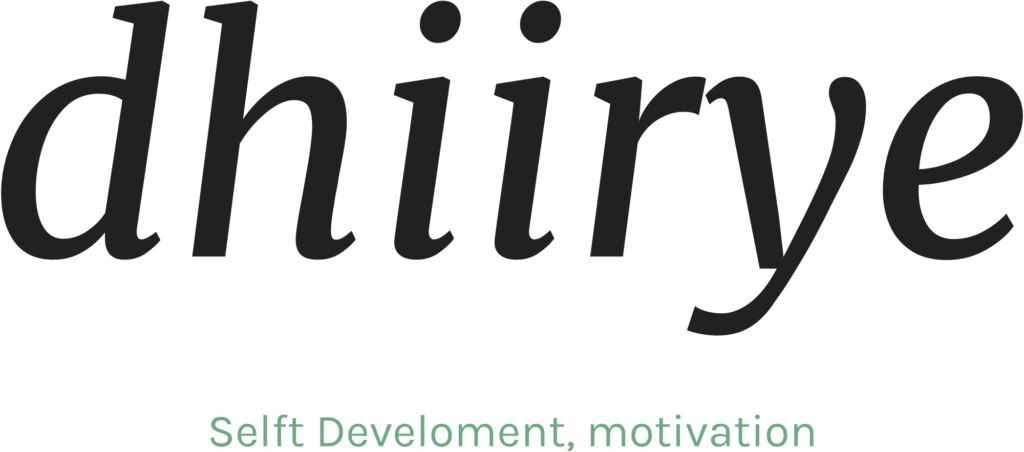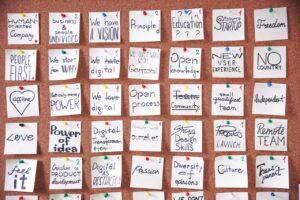Entering the job market can be daunting, especially for newcomers. Employers often seek candidates who possess a blend of technical competencies and soft skills that enable them to thrive in dynamic work environments. Whether you’re a recent graduate or transitioning careers, developing the following skills can significantly enhance your employability and career prospects:
-
Technical Proficiency
Digital Literacy: Familiarity with basic computer applications and the ability to adapt to new software platforms quickly.
Data Analysis: Understanding how to interpret data and use it to make informed decisions.
Coding and Programming: Basic knowledge of programming languages relevant to your field can set you apart.
-
Communication Skills
Verbal Communication: Articulating ideas clearly and confidently in conversations and presentations.
Written Communication: Writing coherent emails, reports, and other professional correspondence.
Active Listening: Paying attention and demonstrating understanding during discussions.

-
Critical Thinking
Problem-Solving: Identifying challenges, analyzing root causes, and developing effective solutions.
Decision-Making: Making sound decisions based on logical reasoning and available information.
Analytical Skills: Evaluating situations objectively and proposing data-driven strategies.
-
Adaptability and Flexibility
Learning Agility: Being open to acquiring new skills and knowledge as industries evolve.
Resilience: Managing setbacks and adapting to changes in the workplace environment.
Time Management: Prioritizing tasks effectively to meet deadlines and achieve goals.
-
Collaboration and Teamwork
Team Player: Working effectively with colleagues from diverse backgrounds.
Conflict Resolution: Resolving disagreements constructively and promoting a positive team dynamic.
Networking: Building relationships with peers and professionals in your industry.
-
Professionalism and Work Ethic
Integrity: Acting ethically and responsibly in all professional interactions.
Work Ethic: Demonstrating reliability, initiative, and a proactive approach to tasks.
Attention to Detail: Being meticulous in work output to ensure accuracy and quality.
-
Emotional Intelligence (EI)
Self-Awareness: Understanding your strengths, weaknesses, and how they impact others.
Empathy: Recognizing and understanding the emotions and perspectives of others.
Leadership Potential: Inspiring and motivating others, even without formal authority.
-
Cultural Competence
Diversity Awareness: Valuing and respecting differences among colleagues and clients.
Global Awareness: Understanding international markets and cultural nuances in a globalized economy.
Inclusivity: Creating an environment where everyone feels respected and valued.
-
Continuous Learning
Professional Development: Seeking opportunities to expand knowledge and skills through courses, workshops, or certifications.
Industry Awareness: Staying informed about industry trends, advancements, and best practices.
Self-Reflection: Assessing your own performance and seeking feedback for personal growth.
-
Entrepreneurial Mindset
Innovation: Generating new ideas and approaches to solve problems or improve processes.
Risk Management: Assessing risks and making calculated decisions to achieve desired outcomes.
Business Acumen: Understanding the broader implications of decisions on organizational goals.
In conclusion, while technical skills are crucial, employers increasingly value candidates who possess a combination of technical proficiency and essential soft skills. By actively developing and demonstrating these skills, newcomers can enhance their competitiveness in the job market and position themselves for long-term career success. Constantly evolving in these areas will not only make you more attractive to potential employers but also equip you to navigate the complexities of today’s workplace effectively.







